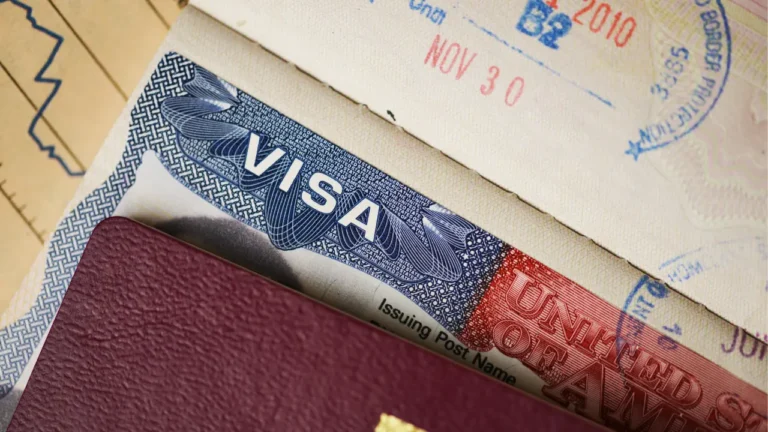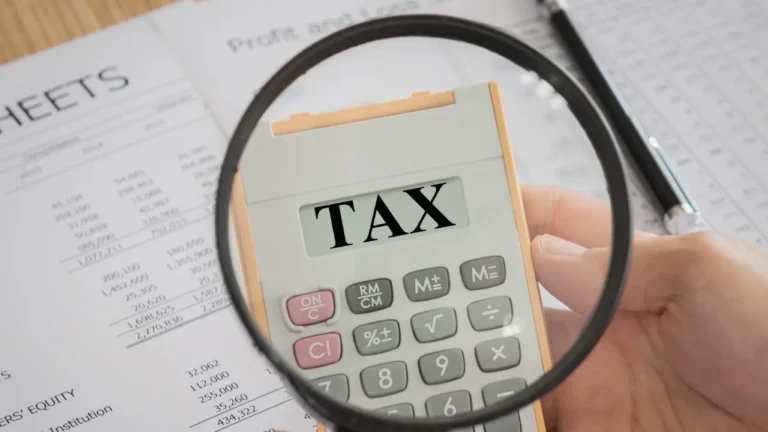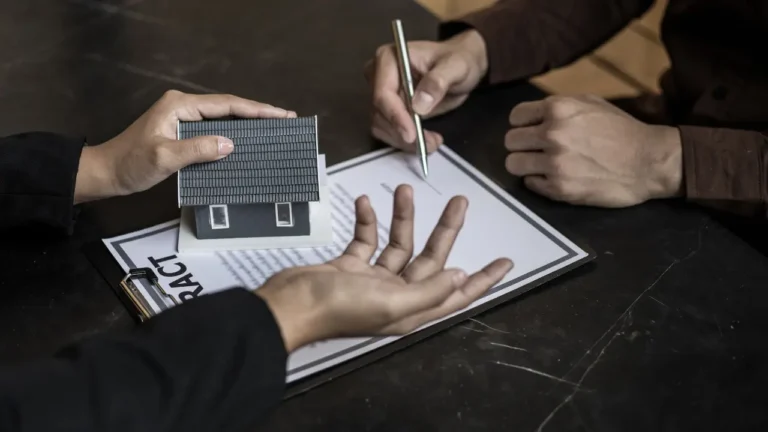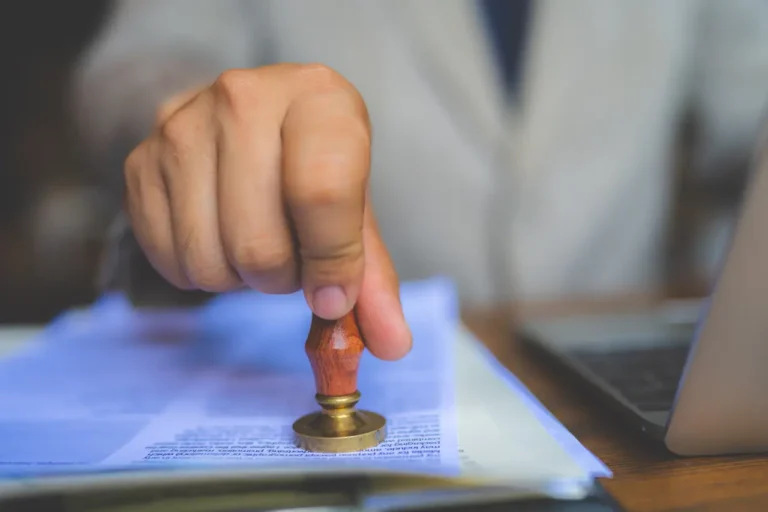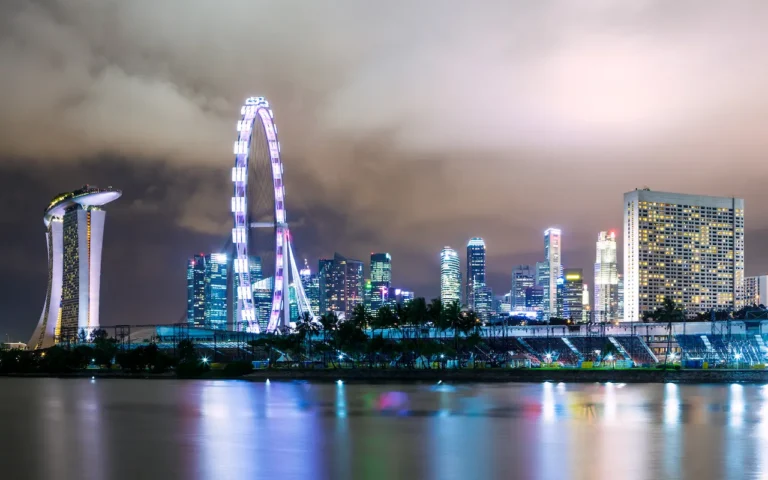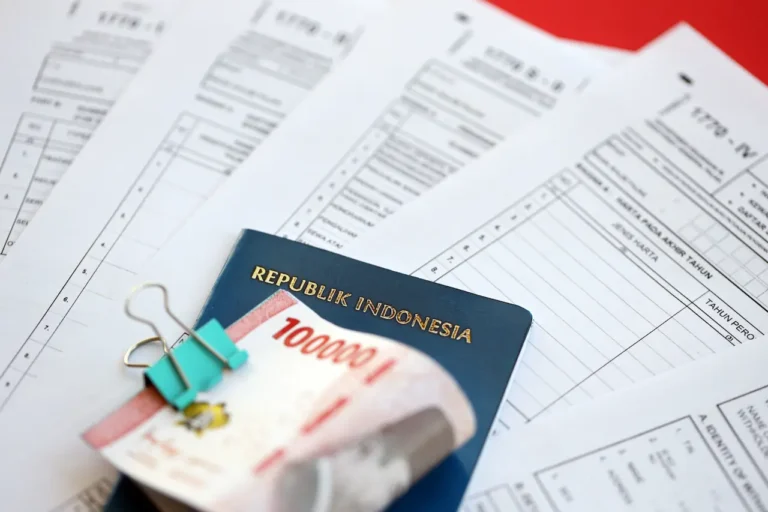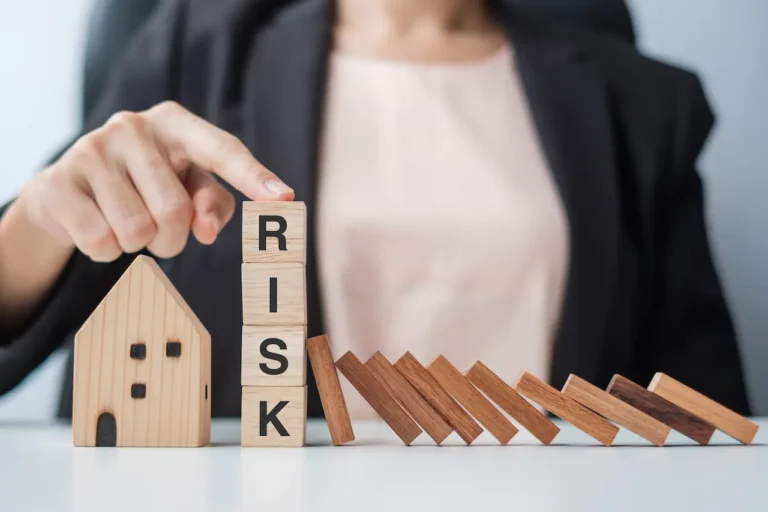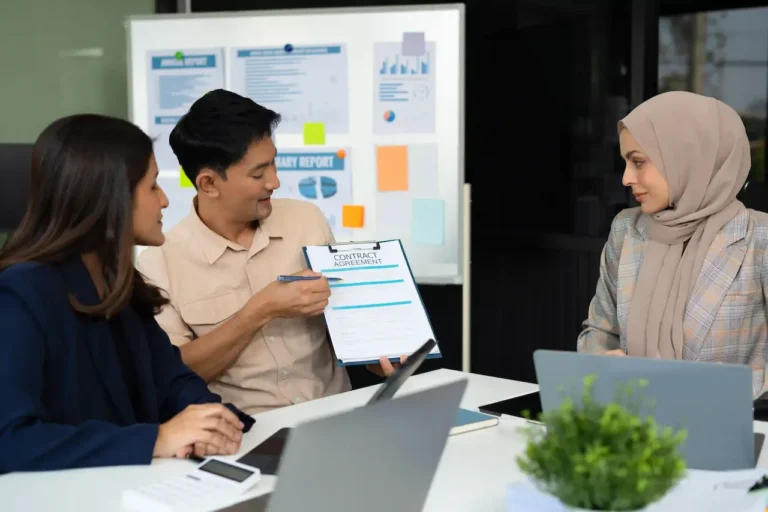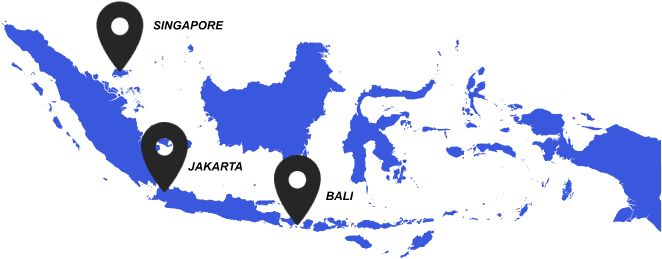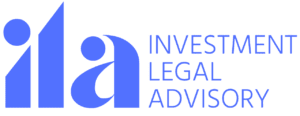Table of Contents
ToggleIndonesia, with its vibrant archipelago and rising middle class of over 270 million consumers, stands as a tantalizing prospect for ambitious businesses globally. Its potential is undeniable, driven by a booming economy, a tech-savvy young population, and an increasing demand for imported goods. But unlocking this potential hinges on navigating the intricacies of its regulatory landscape. This article covers the product registration in Indonesia.
Indonesia: A Market Ripe for the Picking
Imagine a marketplace buzzing with 270 million potential customers, their wallets steadily growing wider. That’s Indonesia, the largest economy in Southeast Asia, where consumer spending is projected to reach a staggering $1.2 trillion by 2025. This market, fueled by a rapidly rising middle class and tech-savvy generation, is a goldmine for distributors willing to venture beyond their borders.
Key Takeaways
Indonesia’s growing economy and sector liberalization offer attractive opportunities for foreign investors, but challenges such as protectionism and infrastructure issues must be navigated carefully, especially regarding product registration.
The BPOM regulates the safety and effectiveness of products in Indonesia, requiring meticulous registration processes and ongoing compliance checks, including initial approvals, inspections, and post-market surveillance.
Product quality standards are central to Indonesian market entry, with international certifications such as ISO 9001 being crucial for compliance and market trust, and the BPOM oversees registration for diverse categories including food, beverages, medicines, health supplements, medical devices, and cosmetics.
Get professional legal advice for Indonesia
Indonesia’s legal system is complicated, with its many regulations, licences, and special rules for foreigners. Don’t make the mistake of trying to navigate it alone, and get the help of experienced consultants instead.
At ILA, we can help you with intellectual property, corporate law, drafting, reviewing and managing legal documents, navigating commercial transactions and much more.
You’re not alone. Reach out today to schedule a free consultation or read more about our legal service.
Navigating Indonesia’s Product Landscape
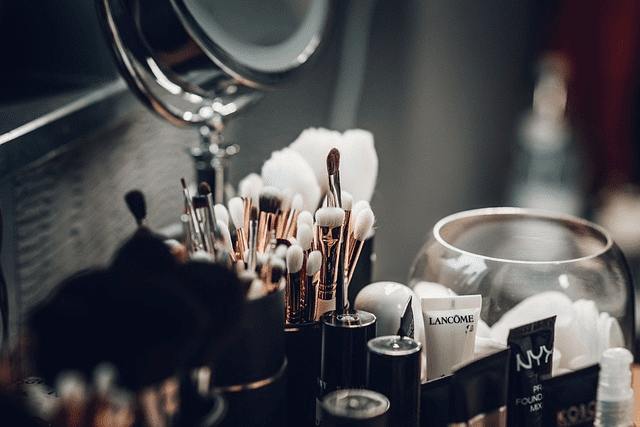
The economic advancement of Indonesia has been remarkable, especially under President Joko Widodo’s leadership. The nation is moving steadily towards becoming a higher-income economy with its GDP nearly reaching $1.32 trillion USD by 2022. Thanks to the efforts in diversifying the economy and improving infrastructure, along with sector liberalization, there exists an inviting environment for foreign investors.
Nevertheless, Indonesian consumers are exhibiting prudent spending habits due to prevailing economic fears. This behaviour translates into trends like buying smaller product sizes and allocating more budget towards health-related goods and services. Simultaneously, e-commerce platforms have seen substantial growth as consumers shift toward online purchases that offer better deals.
It remains crucial for potential investors to be aware of continuing challenges such as protectionist policies, corrupt practices within certain sectors, and inadequate infrastructure that could hamper the operations of foreign companies interested in entering this space. A thorough comprehension of these impediments is essential. Similarly, so is knowledge concerning procedures for product registration in Indonesia if one intends to secure success while penetrating the Indonesian market.
The Role of BPOM in Product Registration
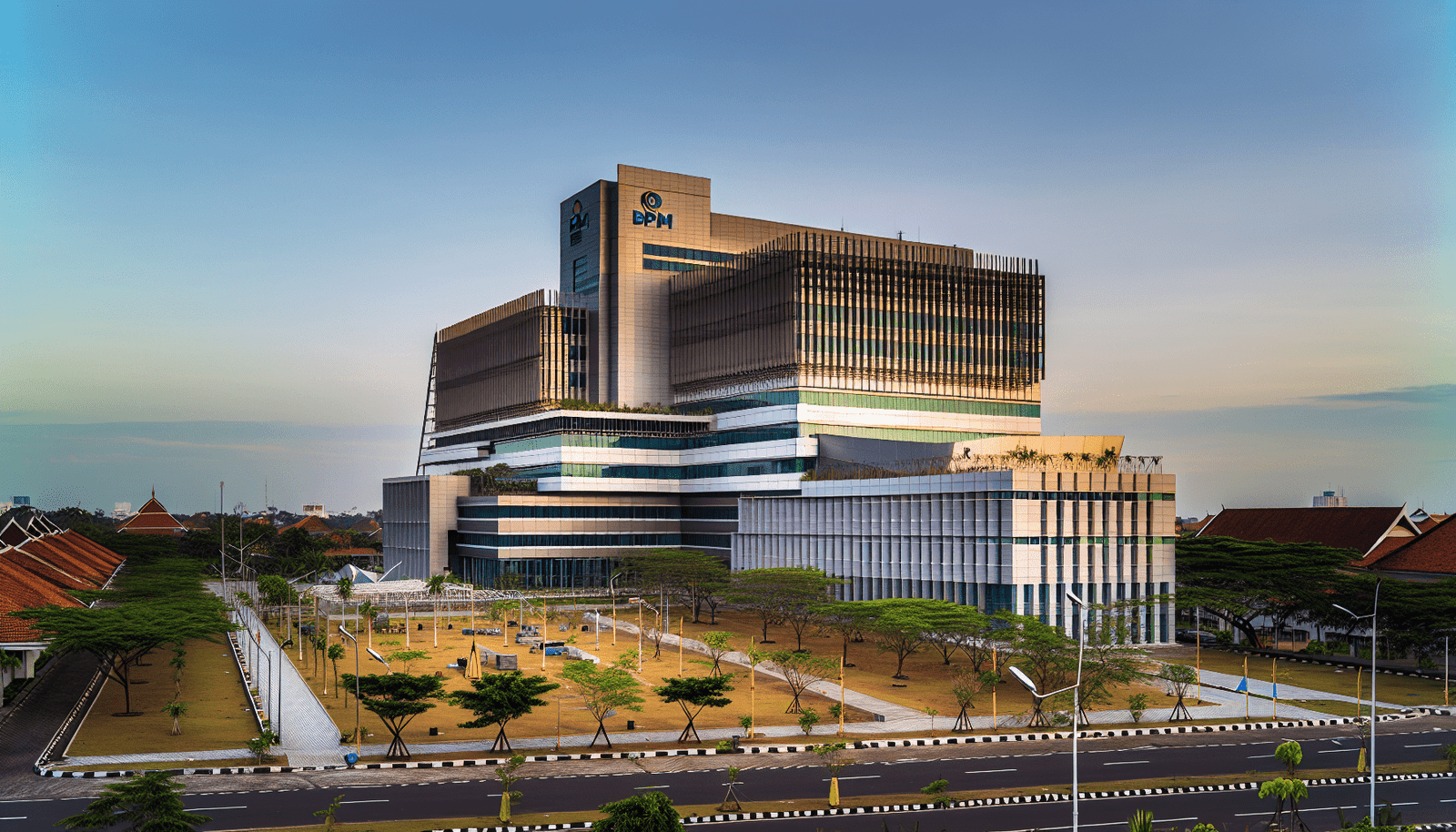
Companies planning to enter the Indonesian market should become acquainted with Badan Pengawas Obat dan Makanan (BPOM), which serves as Indonesia’s equivalent of the Food and Drug Administration (FDA). BPOM plays a crucial role in drug and food control within Indonesia, requiring that all products be registered with this agency prior to their distribution.
The product registration process overseen by BPOM is thorough. It necessitates that local entities carry out the submission for registration. Through its evaluation procedures, BPOM guarantees only those products conforming to safety and efficacy standards are allowed into the consumer market.
BPOM’s responsibilities encompass:
- Initial regulatory approval processes
- Educational initiatives for consumers
- Consistent inspection routines
- Ongoing post-market monitoring
These measures are implemented with the objective of maintaining continuous compliance with established safety and quality guidelines.
Read also: How to Register Trademark in Indonesia (2025 Guide)
Meeting Quality Standards for Products in Indonesia
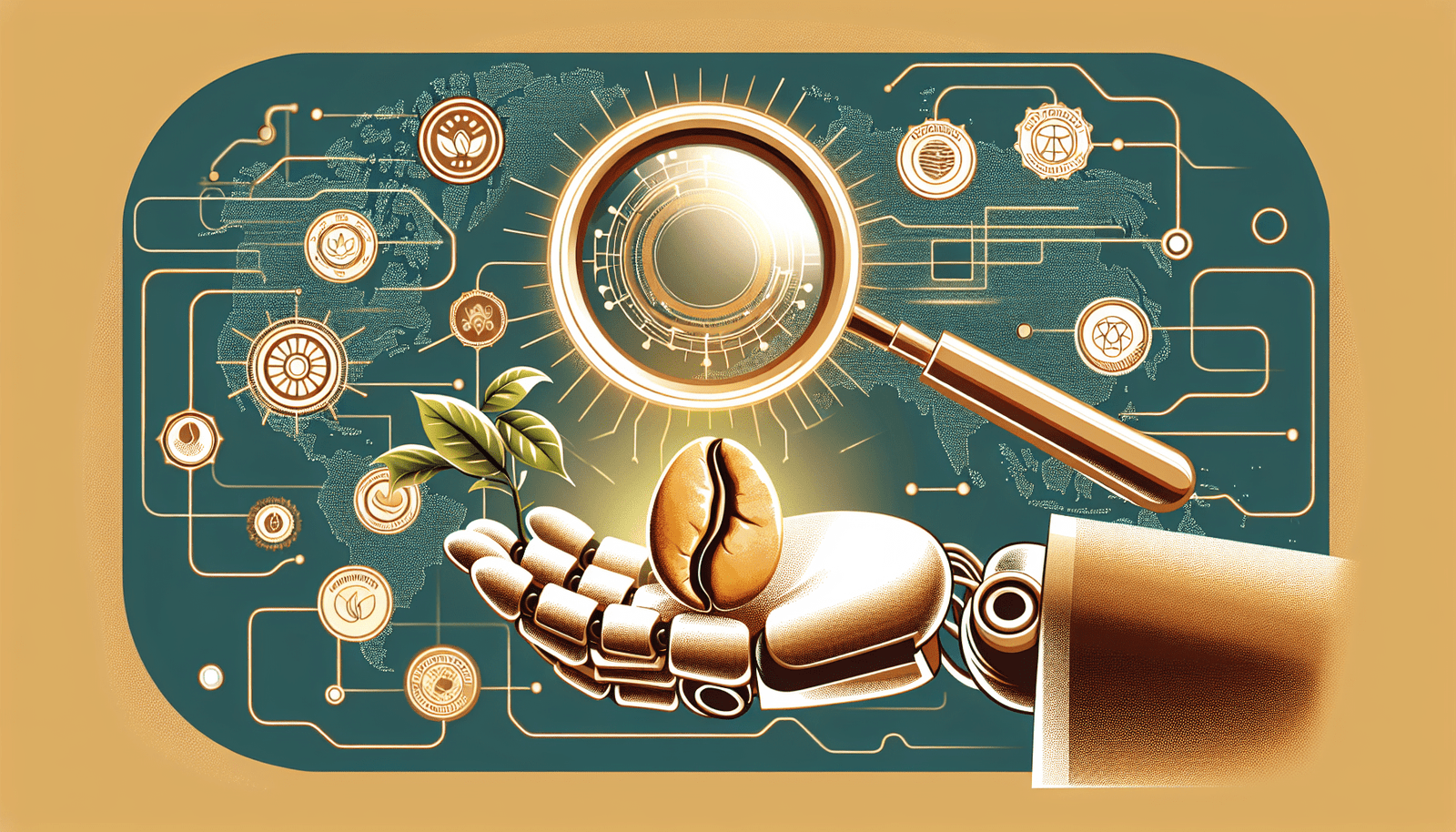
Product registration in Indonesia is an important step to be taken in maintaining quality. Certifications such as ISO 9001 validate compliance with safety and quality standards, fostering consumer confidence and increasing market efficiency. The economic impact of these certifications will continue to be reflected in GDP growth and per capita income as they increase with the number of certified products.
The certification bodies are required to obtain Accreditation from the Indonesian National Agency to maintain adherence to quality norms. The investment climate created by this high quality assurance not only builds consumer confidence but also positions Indonesia as a promising destination for foreign investment and global partnerships.
Essential Steps for Product Registration with BPOM
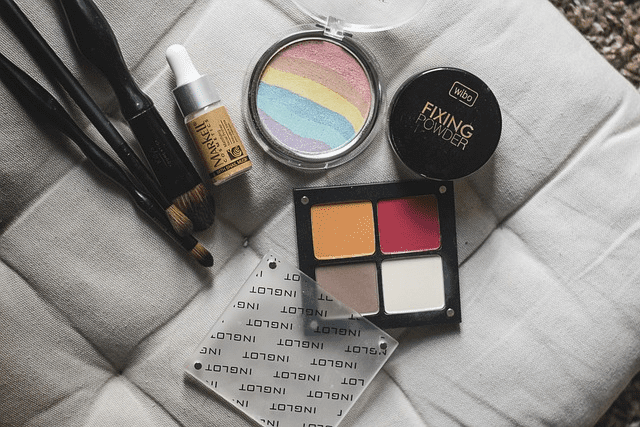
The commencement of the product registration process in Indonesia with BPOM can be initiated through an online application on either the website of BPOM or Indonesia National Single Window (INSW) using Single Sign-On. This procedure has been established to facilitate a more efficient way to acquire business licenses and import permits.
Each product that is registered must adhere to precise labeling standards, which include receiving designations such as ML for imported food products, MD for those manufactured domestically, and SP designated specifically for small and medium enterprises that are being mentored.
To successfully navigate the registration process with BPOM, one must submit several administrative documents, including:
- A drafted application letter
- The API denoting the Importer’s Permit
- A formal Authorization Letter from overseas manufacturers
- Certificates proving adherence to Good Manufacturing Practices (GMP)
- SIUP refers to Trading License
- The company’s NPWP signifying Taxpayer Identification Number
Specific documentation may vary depending on what type of product is being registered. This might include acquiring a NIB reflecting the Single Business Identity Number, Trade Business License, or an API pointing towards Importer Identification Number. Based on the specific category under which a product falls within their inventory list, BPOM retains discretion in requesting Documents if deemed necessary.
Food and Beverage Regulation and Registration in Indonesia
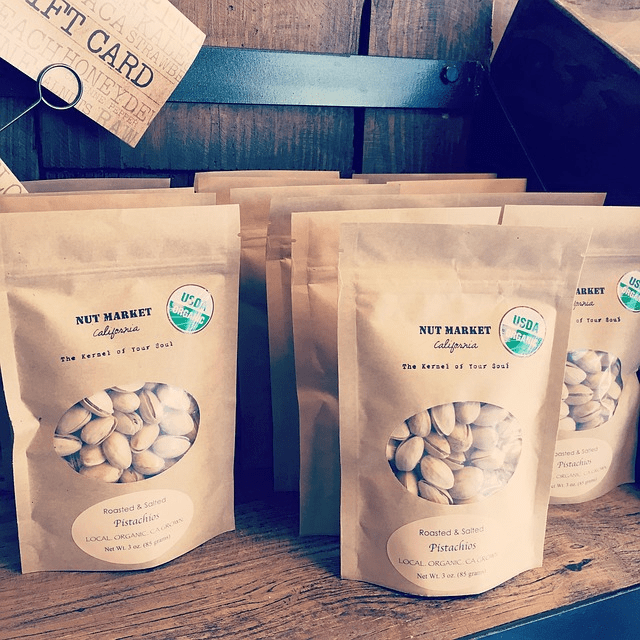
The BPOM categorizes food and beverage products into four levels of risk.
- Very Low Risk: Such items usually have minimal processing and a limited number of ingredients.
- Low Risk: This group consists of processed foods, such as instant noodles.
- Medium Risk: These are products that experience moderate levels of processing and may contain an increased variety of ingredients.
- High Risk: Products in this category are heavily processed and often include substantial amounts of food additives or preservatives.
Products deemed as Medium Risk might be subjected to methods like sterilization or pasteurization to ensure food control, while those classified as High Risk cater specifically to certain health conditions, including:
- Items containing food additives
- Special nutritional products targeting particular groups
- Foods claiming specific health benefits
- Genetically modified organisms (GMOs)
- Alcoholic drinks
Some types of processed foods and beverages—namely those with a shelf life under seven days, goods not sold directly to end consumers or small imported quantities destined for precise uses—are exempt from undergoing the usual assessment protocols ensuring their safety based on these categories.
Ensuring Compliance for Medicines and Health Supplements
Documentation must be submitted in line with its label registration regulations to register medicines or health supplements in Indonesia. BPOM issues certain codes: ML for imported products, MD for domestic products, and SP for companies under regulatory guidance.
GMP compliance is compulsory and validated via inspection by BPOM. Health supplements comprise food supplements that require a safety and claim verification by BPOM. Medicines, imported or locally produced, should be registered before being distributed.
Foreign companies need to team up with a local hand to get through BPOM approval. Given the complex process, exporters need to be sure to begin registration early in relation to their target market entry.
Registering Medical Devices and Equipment in Indonesia
In Indonesia, medical devices are grouped into four categories based on risk — from Class A for the lowest-risk devices to Class D for the highest-risk ones. These devices must be registered with BPOM and must comply with global standards by evaluating risks related to their safety and efficacy to ensure regulatory compliance.
In addition, the Good Method of Distribution of Medical Devices (CDAKB) defines special conditions related to quality management systems, storage, tracking of products, and handling customer complaints. An executive summary, device labels data, manufacturer data sheets, ISO certifications that prove compliance with quality management systems, a full risk analysis detailing potential hazards stemming from use or failure of device and evidence from international authorities demonstrating clearance are all essential documents provided for RCA system device registrations.
To successfully register a medical device in Indonesia, one must undergo several steps.
1. Establish your legal entity’s registration digitally at the Ministry Of Health.
2 Observe protocol by tendering all relevant paperwork through an officially designated intermediary.
3 Identify which class your media device falls under and proceed with its registration.
4 Acquire an NIE number that is essential forbearing before doing sales and import activities related to the device in Indonesia.
It’s important to recognize that licenses issued for accredited medical products in Indonesia have a shelf life projected between two years and a maximum five-year period. Additionally, compliance with product registration in Indonesia ensures the safety and efficacy of medical devices marketed and used within the country.
Read also: New Import Policy for Hand-Carry Goods in Indonesia
Navigating Cosmetic Product Registration in Indonesia
In Indonesia, cosmetic product registration requires safety testing to ensure they do not contain prohibited ingredients. Each product variant must be registered separately before it can be legally sold.
Since the majority of Indonesia’s population is Muslim, halal certification is an important aspect of cosmetic registration. ILA Global Consulting can assist with this process. Additionally, only businesses registered in Indonesia are authorized to import and distribute international cosmetic brands in compliance with local regulations.
The BPOM (Badan Pengawas Obat dan Makanan) handles the comprehensive steps involved in achieving registration status, which include:
- Establishing a company
- Securing warehouse facilities
- Recruiting a technical supervisor
- Amassing required documentation
- Acquiring relevant licenses
- Completing BPOM application procedures
- Processing payment fees
- Conducting additional tests on products if necessary
This process culminates in the awaiting review from BPOM authorities.
Beyond Registration:
Companies are required to adhere to the specific labeling standards set by BPOM, which involve providing detailed ingredient information and ensuring all labels are translated into Bahasa Indonesia. In order to appeal to the predominantly Muslim population of Indonesia, companies should also consider securing Halal certification.
As a component of its oversight responsibilities, BPOM might carry out spontaneous product inspections for ongoing market monitoring. Therefore, it is crucial for businesses to uphold steady quality management practices, especially during the product registration process in Indonesia.
Obtaining a Letter of Import from BPOM
In order to acquire a Letter of Import from BPOM, the following actions are required:
- Complete an online registration through either the BPOM or Indonesia National Single Window (INSW) portal.
- Submit all necessary documents electronically.
- For every product intended for importation, obtain a distinct product registration number issued by BPOM.
The process of applying for a Letter of Import includes these steps:
- Make payment via e-payment as part of submitting your application.
- We await the evaluation carried out by BPOM, which may necessitate testing samples of the products.
- Be prepared to provide additional documentation or conduct Tests if requested based on your specific product category.
Expect several weeks for processing time when seeking a Letter of Import and be aware that should there be any grounds for rejection, BPOM will communicate these reasons allowing you as an importer to rectify them before reapplying. It is mandatory that applications are submitted directly to the Head of BPOM in accordance with regulations when importing food and drug commodities into Indonesia through SKI (Letter Of Intent).
Why Register Your Products in Indonesia?
Failing to register your food products in Indonesia isn’t just a missed opportunity – it’s illegal. The National Agency for Drug and Food Control (BPOM), akin to the US FDA, enforces strict regulations to ensure food safety and quality. Unregistered products face:
- Compliance & Legality: Avoid hefty fines, product seizures, and blacklisting by fulfilling legal obligations through registration. Show your commitment to responsible business practices and build trust with authorities.
- Market Access: Unregistered products face restricted distribution and sales channels. Get your official green light to reach millions of Indonesian consumers across numerous retail outlets.
- Consumer Confidence: Registered products bear the stamp of approval, boosting trust and brand image among discerning Indonesian consumers. This translates to increased sales and loyalty for your business.
Not All Products Require Product Registration in Indonesia
BPOM (Badan Pengawas Obat dan Makanan), the Indonesian FDA equivalent, oversees food, drugs, cosmetics, medical devices, and certain household products. But before diving into BPOM specifics, let’s clarify:
- Products under other agencies: Industrial items, textiles, fertilizers, pesticides, and electronics have their own regulatory bodies.
- Exempt products: Low-risk items like clothing, stationery, and handicrafts fall under specific exemption categories.
BPOM Indonesia Food Regulation and Registration
The registration process can seem daunting, but understanding the key steps simplifies the journey:
- Identify Your Product Category: BPOM classifies food products based on risk level. This determines the required tests and documentation.
- Prepare Documents: Gather everything from manufacturing details and ingredient lists to safety test reports. Be meticulous and ensure accuracy.
- Submit Application: Electronically or physically, submit your application and documents to BPOM, paying prescribed fees.
- Evaluation and Testing: BPOM evaluates your application and may request product samples for laboratory testing. Comply promptly with all requests.
- Registration Certificate: Upon approval, you receive your official certificate, granting you the legal right to sell and distribute your food products in Indonesia.
Also read: Import to Indonesia: Mastering the Procedures in 2025
Frequently Asked Questions
How do I check if a company is registered in Indonesia?
To confirm the legitimacy of an Indonesian company, one should go to the Ministry of Law and Human Rights’ official website. By searching with either the name of the company or its registration number, you can retrieve essential details about the business in question.
How much does it cost to register a company in Indonesia?
The estimated expense of registering a PT (Perseroan Terbatas) company in Indonesia is around IDR 15,000,000. In contrast, the cost of setting up a PT PMA (Penanaman Modal Asing) company approximates IDR 20,000,000.
These figures represent the typical costs associated with establishing a company in Indonesia.
What is the product registration?
The government issues an authorization known as product registration, permitting the marketing, distribution, sale or importation of a commodity within a particular nation or region.
Securing this approval is vital for adherence to the relevant local regulations and standards.
What is the business registration number in Indonesia?
In Indonesia, the NIB serves as the business registration number, a certificate that is essential for companies to engage in legal business operations and obtain necessary licenses within the country.
What is the cosmetic regulation in Indonesia?
Applicants seeking to register cosmetic products within Indonesia are required to be legally recognized entities as per the laws of Indonesia and must secure an import license from Indonesian Customs.
The oversight of this registration process falls under the purview of the Indonesian Food and Drug Authority, according to information available on Wikipedia.
Do I need to register my product in Indonesia?
Yes, most products require registration for legal compliance and market access. Medical devices have to be registered in Indonesia.
What types of products need registration?
It depends on the category. Food, drugs, cosmetics, medical devices, and certain household products require BPOM registration. Others fall under different agencies or are exempt.
What are the consequences of not registering my product?
Product seizure, hefty fines, and even blacklisting from the Indonesian market.
What are the benefits of registering my product?
Legality, market access, increased trust and brand image, and a competitive edge.
What is BPOM, and what products does it regulate?
BPOM is the National Agency for Drug and Food Control, similar to the US FDA. It covers food, drugs, cosmetics, medical devices, traditional medicines, and certain household products.
How do I know which BPOM category my product falls into?
BPOM classifies products based on risk level. Products like industrial items, textiles, fertilizers, and electronics have their own regulatory bodies. Find out which one applies to your product.
- Very Low Risk: Minimal processing, few ingredients
- Low Risk: Processed products and dry food
- Medium Risk: Mainly processed foods with sterilization or pasteurization.
- High Risk: Products related to health
Low-risk items like clothing, stationery, and certain handicrafts are exempt from registration.
How long does the BPOM registration process take?
It can take 3-12 months, depending on the complexity of the product and testing requirements.
Do I need to test my product in Indonesia?
BPOM may request product samples for testing to ensure safety and quality.
Do I need an import license for my product?
Yes, if your product is imported, you typically need an Import Authorization (IDAK) from BPOM.
What distribution channels can I use after registration?
Registered products gain access to a wider network of distributors, supermarkets, and online platforms.
Do I need additional approvals for specific distribution channels?
Some channels may have their own requirements. Check with the channel operator or your consultant.
Partnering for the Success for your product registration in Indonesia
Navigating the registration process alone can be challenging. Experienced legal and consulting firms like ILA can:
- Demystify regulations: We translate complex rules into actionable steps, saving you time and resources.
- Document Preparation: We assist in gathering and preparing all required documents, ensuring completeness and compliance.
- Liaison with BPOM: We act as your intermediary, handling communication and advocacy throughout the process.
- Streamlined Efficiency: We optimize every step, minimizing delays and frustration and letting you focus on your business.
While BPOM registration is critical, other factors influence success in the Indonesian food market:
- Cultural Adaptation: Adapt your product ingredients, packaging, and messaging to resonate with local preferences and cultural sensitivities.
- Distribution Network: Secure reliable distribution partners with a strong reach and expertise in the Indonesian market.
- Marketing and Branding: Develop effective marketing strategies that resonate with your target audience and build brand awareness.
Summary
The market in Indonesia offers a wealth of opportunities, underscored by its regulatory framework, that attracts foreign investors. It is essential for these investors to grasp the complexity involved with product registration, including BPOM’s role and adherence to regulations pertinent to items like food, beverages, pharmaceuticals, health supplements, medical devices and cosmetics when entering the Indonesian market.
For both seasoned businesses and new startups alike, this guide lays out all the necessary actions required for product registration in Indonesia. Through meticulous preparation, along with strict compliance to standards and sustained quality management, your path towards triumph within the Indonesian marketplace can unfold efficiently and prove fruitful.




